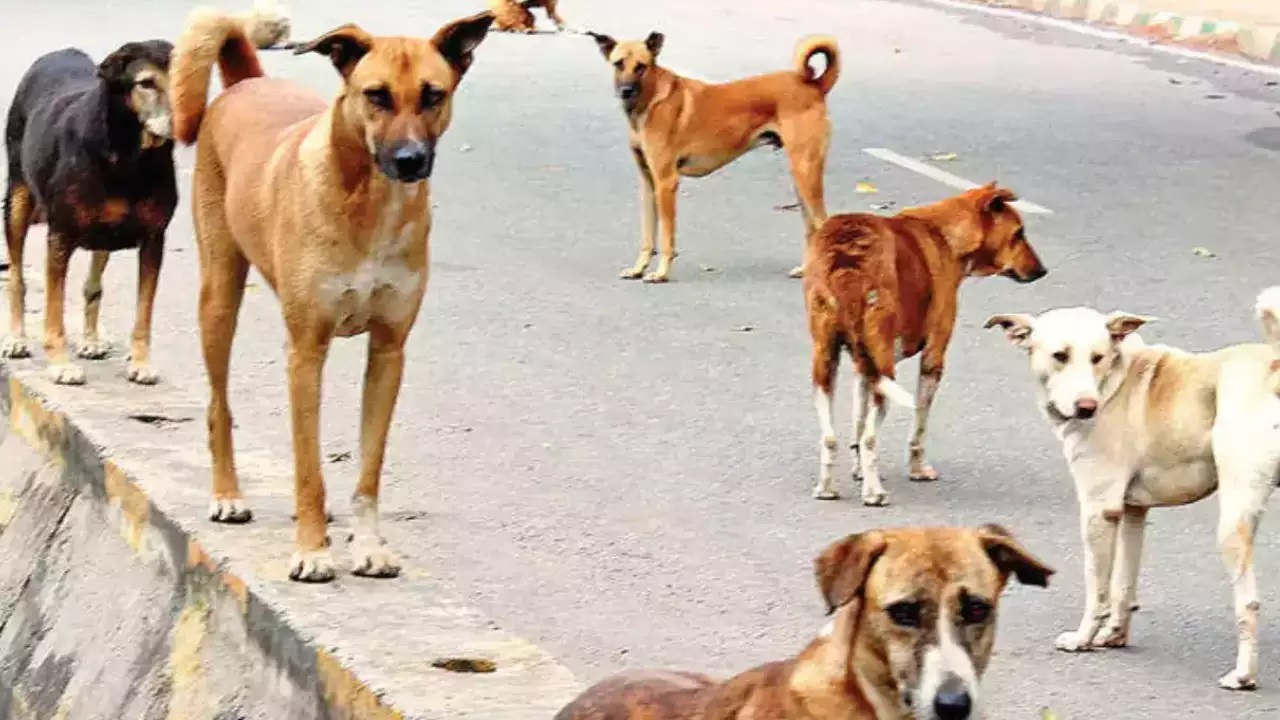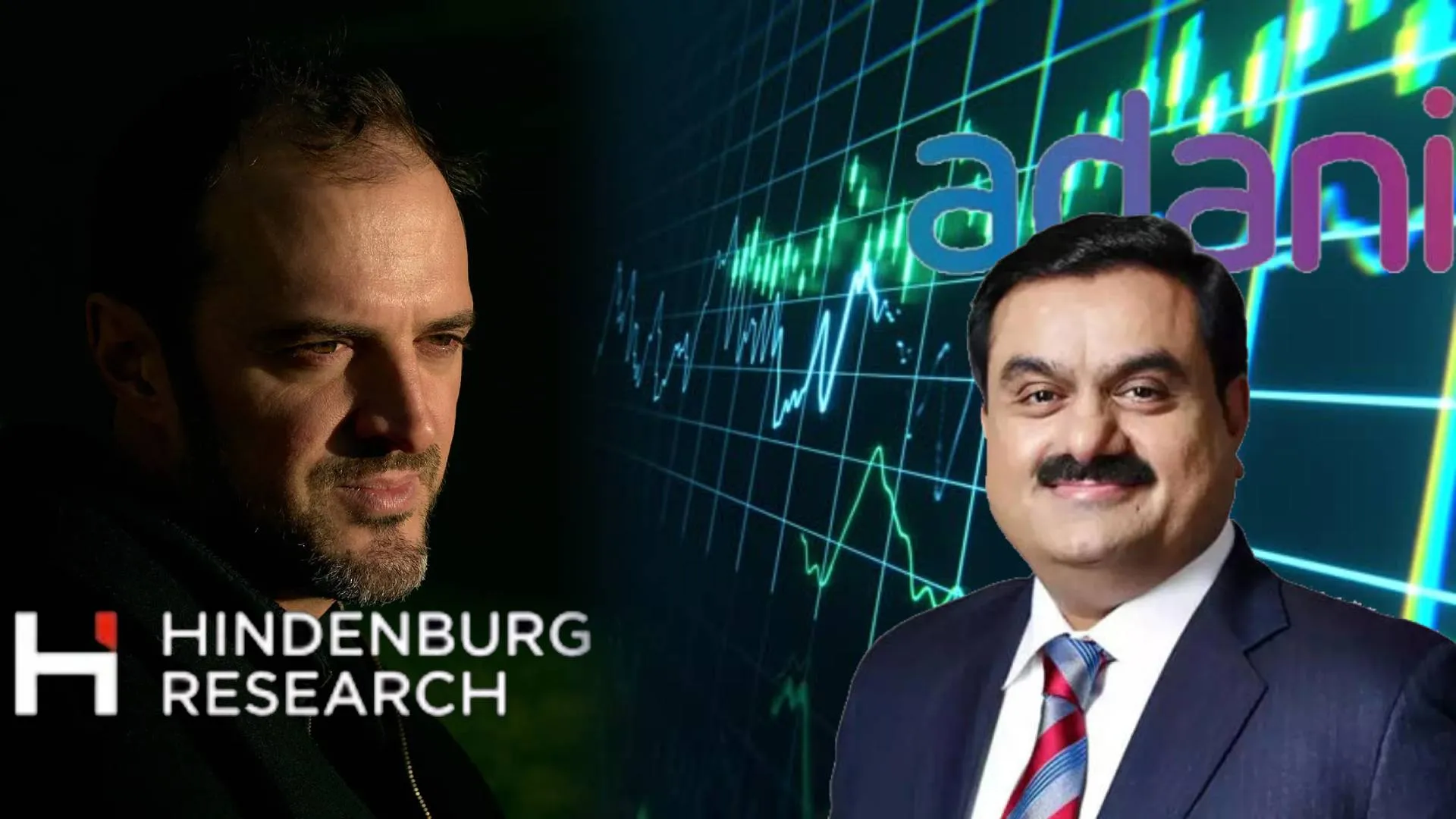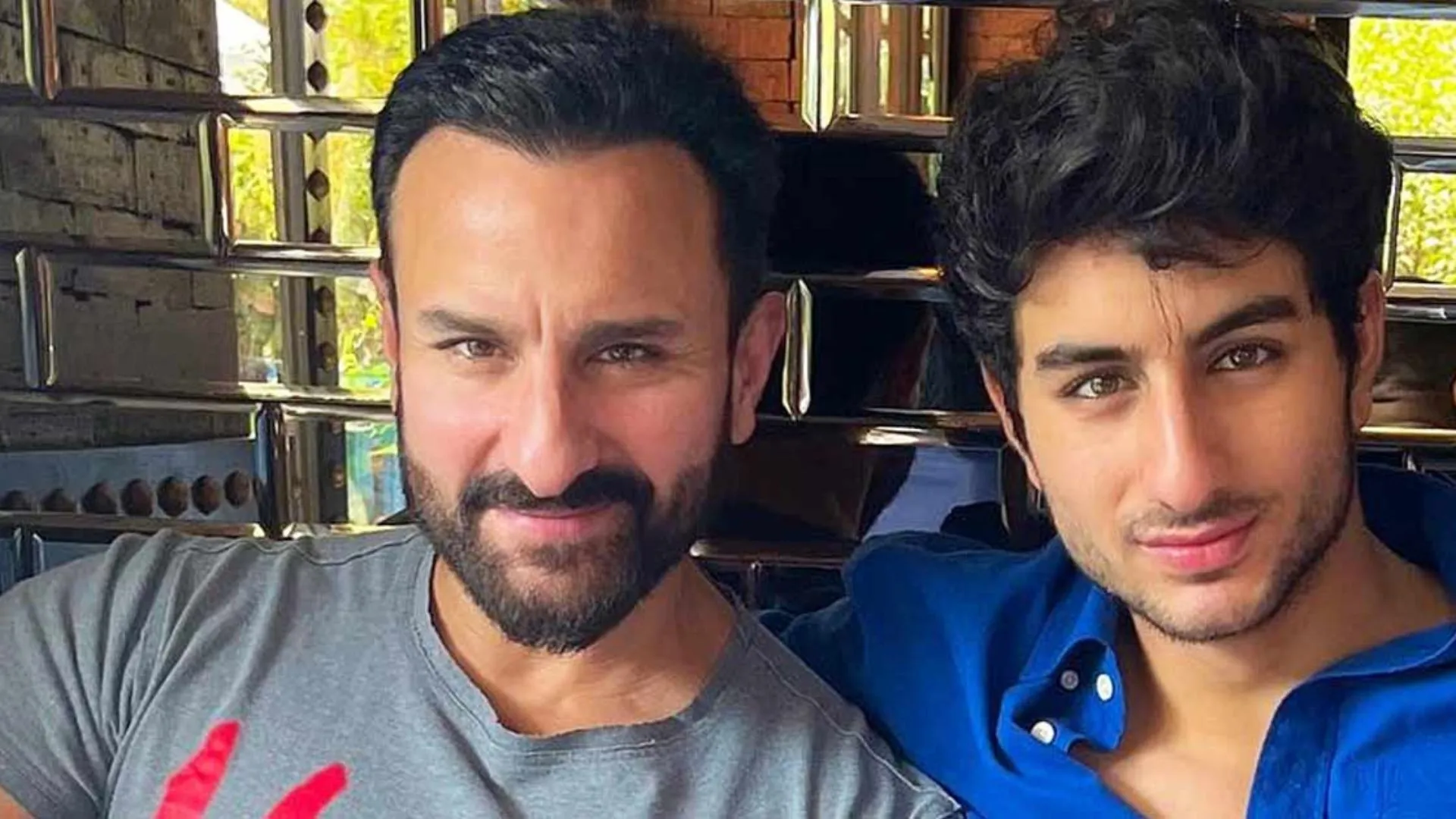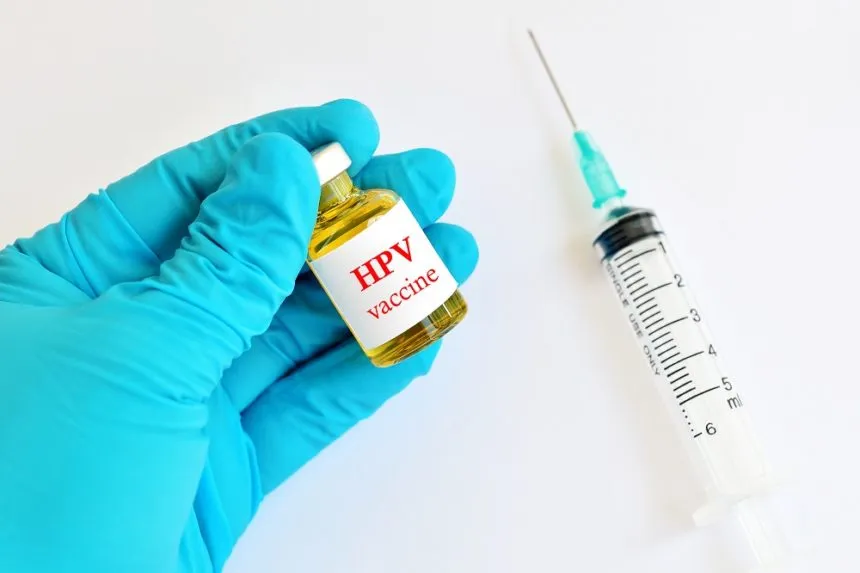As part of the ongoing “Rabies-Mukt Mumbai” campaign, the Brihanmumbai Municipal Corporation (BMC) has successfully administered vaccines to 14,191 stray animals. This includes 9,493 dogs and 4,698 cats within six densely populated wards over the past 10 days.
In July, BMC entered into a crucial partnership with Mission Rabies and Worldwide Veterinary Services (WVS) with the ambitious goal of vaccinating 100,000 stray dogs in Mumbai by February 2024.
To achieve this, they launched an extensive drive. Additionally, BMC previously announced a mini pulse vaccination campaign aimed at vaccinating 15,000 strays on World Rabies Day, which took place on September 28. As a result, the vaccination efforts spanned from September 29 to October 10, encompassing the R/North, R/Central, R/South, P/North, S, and T wards. These areas include neighborhoods such as Dahisar, Borivali, Kandivali, Malad in the western suburbs, and Bhandup, Vikhroli, and Mulund in the central suburbs.
According to BMC’s data, there were 78,756 reported cases of dog bites in 2022, a decrease from the 61,332 cases in 2021 and 53,020 cases in 2020.
The BMC conducted this vaccination campaign with a total of 15 teams actively involved every day between September 29 and October 10. Five of these teams utilized the “net-catching” method, while the others adopted the “hand-catching” approach. Each team consisted of a vaccinator, a data collector, and a volunteer from an animal welfare organization. Furthermore, some dogs received Near Field Communication (NFC) tags to aid in the vaccination tracking process.
Kalimpasha Pathan, the general manager of Deonar Abattoir, shared, “In the western suburbs, we have equipped approximately 300-400 stray animals with NFC tags. These tags store crucial information about the animals, including their gender, pet status, and vaccination history.”

















